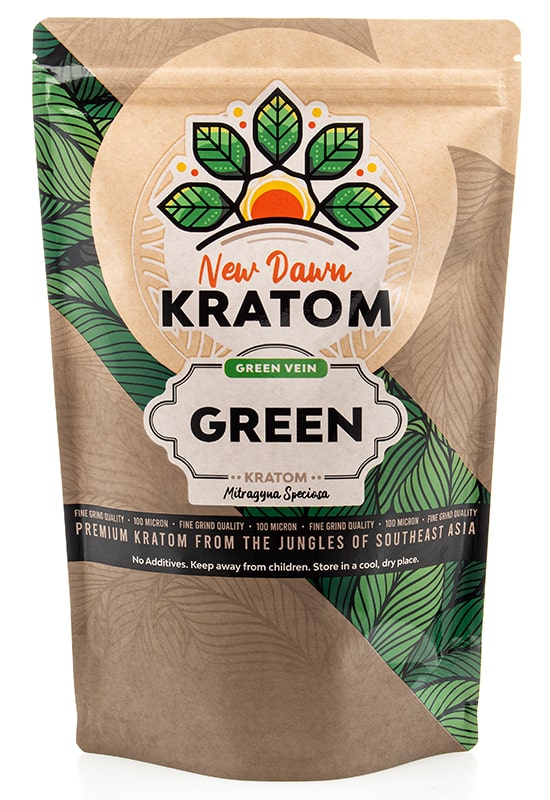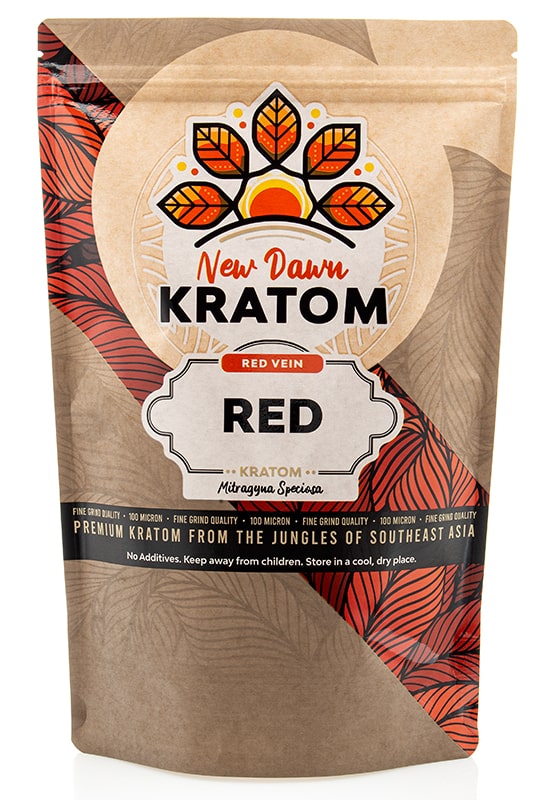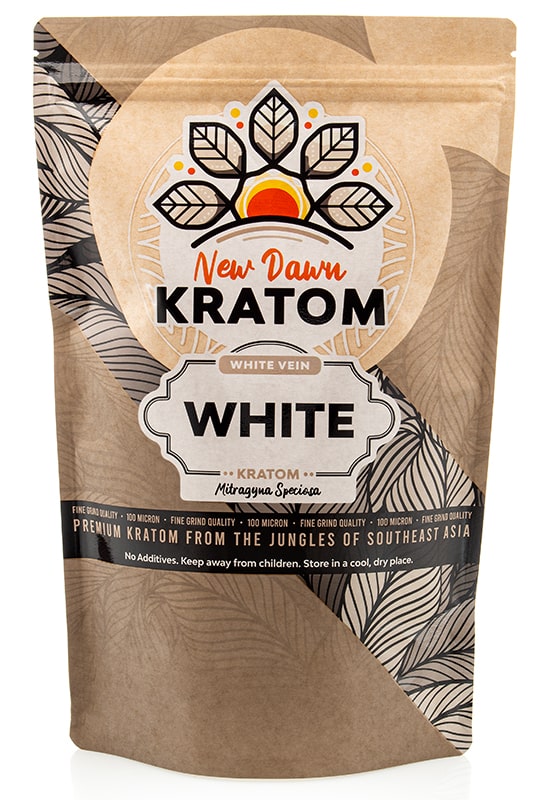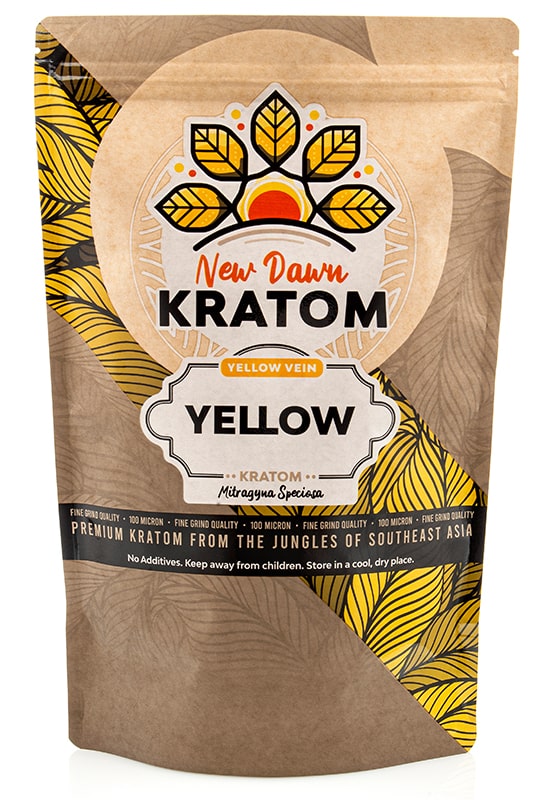Kratom has been known to produce a wide range of effects, such as feelings of well-being, energy boost, and mood lift. Lately, there have been discussions about it being used to improve feelings of well-being under the guidance of a healthcare provider.
But can it be used together with substances such as ibuprofen? Read on to learn how kratom interacts with ibuprofen and whether or not you can mix the two.
Does Kratom Interact with Ibuprofen?
Yes, kratom interacts with ibuprofen when the two substances are taken together. Ibuprofen is medically approved for relieving discomfort. Kratom, though not FDA-approved, is also said to bring relief in higher doses.
For this reason, kratom users believe that taking kratom and ibuprofen together has a synergistic effect. Others use the combination to increase feelings of well-being and alleviate other symptoms.
Mixing these two substances may lead to the following:
Increased Effects
Ibuprofen belongs to the class of medication called non-steroidal anti-inflammatory drugs (NSAIDs). NSAIDs are common medications for relieving discomfort, inflammation, and fever symptoms.
The effects of ibuprofen overlap with those of kratom. That means taking the two together may increase kratom’s overall soothing effects, in a phenomenon known as an agonistic interaction.
But in higher doses, kratom causes sedative effects, while ibuprofen makes you feel drowsy or dizzy. This combination could lead to a more decisive sedative action, which makes it hard to perform tasks such as driving, operating machinery, or engaging in any activity that requires alertness.
Slowed Metabolism
Cytochromes P450 are enzymes in the liver responsible for metabolizing all drugs. There are different types of these enzymes, each focusing on breaking down specific compounds.
Ibuprofen is often broken down in the liver by CYP1A2, CYP2C8, and CYP2C9 enzymes. On the other hand, kratom is metabolized in the liver by CYP3A4, CYP2D6, and CYP2C9 enzymes.
In this case, both Ibuprofen and kratom have an affinity for CYP2C9 enzymes. So when taken together, they will battle for metabolism in the liver. This interaction is called metabolic competition.
Hence, both ibuprofen and kratom will have a slower rate of metabolization and elimination than usual. This may cause a buildup of both substances in your bloodstream at higher doses.

Is it Safe to Take Ibuprofen with Kratom?
It is unlikely for the kratom-ibuprofen combination to cause any noticeable side effects when you keep the doses low and use both substances once in a while.
But, metabolic competition becomes a considerable problem when you use ibuprofen and kratom daily or at high dosages. Both substances tend to build up when they aren’t gotten rid of quickly enough. (ortery) And in time, it may accumulate to toxic levels and cause internal damage.
One of the functions of prostaglandins is to help the stomach secrete mucus that protects the inside lining of your stomach. But because ibuprofen reduces the production of prostaglandins in the body, your stomach becomes exposed to the effects of stomach acid.
Over time, this may lead to stomach ulcers and cause heartburn and intolerance of fatty foods.
Similarly, long-term or heavy use of kratom and ibuprofen may also inflict damage to the tissue in your liver and kidneys. That’s because both substances reduce blood flow to the waste-removing organs, according to the National Kidney Foundation.
But the risk of internal damage isn’t the only unwanted side effect you must worry about. Mixing kratom and ibuprofen may cause unpleasant symptoms from both substances.
Side Effects of Kratom and Ibuprofen
Along with its desired effects, Ibuprofen may also cause some adverse side effects. These include the following:
- Stomach acidity
- Abdominal discomfort
- Diarrhea
- Nausea
- Indigestion
- Unusual bleeding
- Heartburn
On the other hand, kratom is relatively safe but also has the inherent risk of side effects, particularly with higher dosages and long-term use. Some of the common side effects of kratom include the following:
- Constipation
- Dizziness
- Nausea
- Heart palpitations
- Changes in libido
- Loss of appetite
- Loss of muscle coordination
Mixing kratom and ibuprofen may increase the odds of these unwanted side effects from both substances. That’s because each substance potentiates the other. And this exposes you to the risk of overdose.
The Bottom Line
Kratom and ibuprofen share similar effects. So when taken together, they may work better at easing discomfort. You’re also unlikely to experience any unwanted side effects when you take the kratom-ibuprofen combination at low doses and infrequently.
But on the flip side, mixing kratom and ibuprofen carries the risk of adverse effects, especially when you take large doses or use the combination for days. That being said, you shouldn’t mix kratom with any other medications before consulting your doctor.





